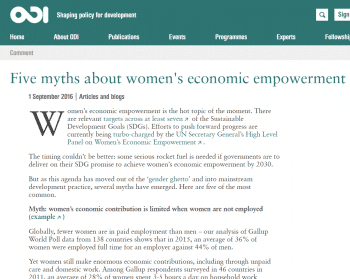This year INCLUDE joined the Solar Hands-on Training and International Network of Exchange (SHINE). In this EU-funded consortium, we are working together with African VET schools and European partners on greening Technical and Vocational Education and Training (TVET) for the solar industry in Africa. As the research partner, we are laying the project's theoretical foundation. Through literature review and discussions with experts and practitioners, we have gleaned key insights that are shared in this blog.











